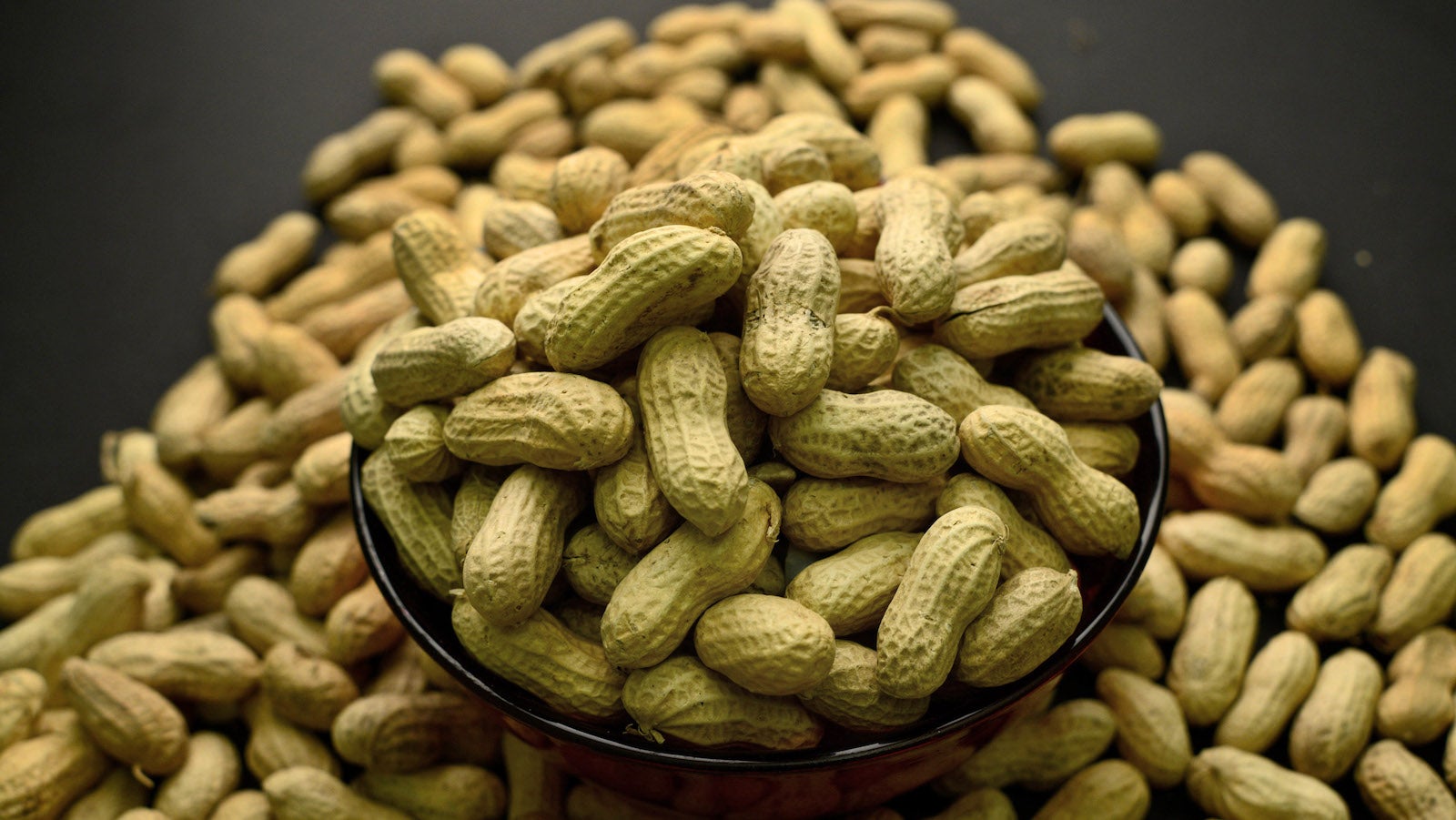Saving your child from peanut allergies could be extraordinarily simple
It’s fairly common, and increasingly so, to hear someone say they’re allergic to peanuts. The prevalence of the potentially life-threatening allergy in the US alone has risen more than 300%—from 0.4% in 1997 to 1.4% in 2010—and scientists, doctors, and parents are fumbling for ways to reverse that.


It’s fairly common, and increasingly so, to hear someone say they’re allergic to peanuts. The prevalence of the potentially life-threatening allergy in the US alone has risen more than 300%—from 0.4% in 1997 to 1.4% in 2010—and scientists, doctors, and parents are fumbling for ways to reverse that.
A team of British researchers struck on a promising method last year. If infants with high risk of developing peanut allergies (meaning those who already had eczema or egg allergies) were given peanuts frequently between the ages of four and 11 months, they were less likely to have allergies at age five. The study was somewhat controversial—it went against doctors’ age-old wisdom that parents should not feed potentially allergy-triggering foods to their kids until they got older—and many in the research world wanted to know if the team’s findings could be reproduced and expanded.
This week, they were.
A new study published March 4 in the New England Journal of Medicine examined those same children at high risk for peanut allergies and found that the benefits of early exposure to peanuts persisted. The children were still at lower risk for allergies at age six, a full year after the period studied in the original research. Lead author Gideon Lack, who runs the pediatric allergy department at King’s College London, told CBS News that it seems clear “early consumption of peanuts gives you long-lasting protection against peanut allergy.”
Perhaps the fear of allergies has become a self-fulfilling prophecy, Lack suggests; excluding peanuts from children’s diets might prevent them from developing an immune tolerance to the food. Further work needs to be done on the subject, but in any case, it’s reassuring to know there might be ways to prevent a condition that used to be considered unavoidable.